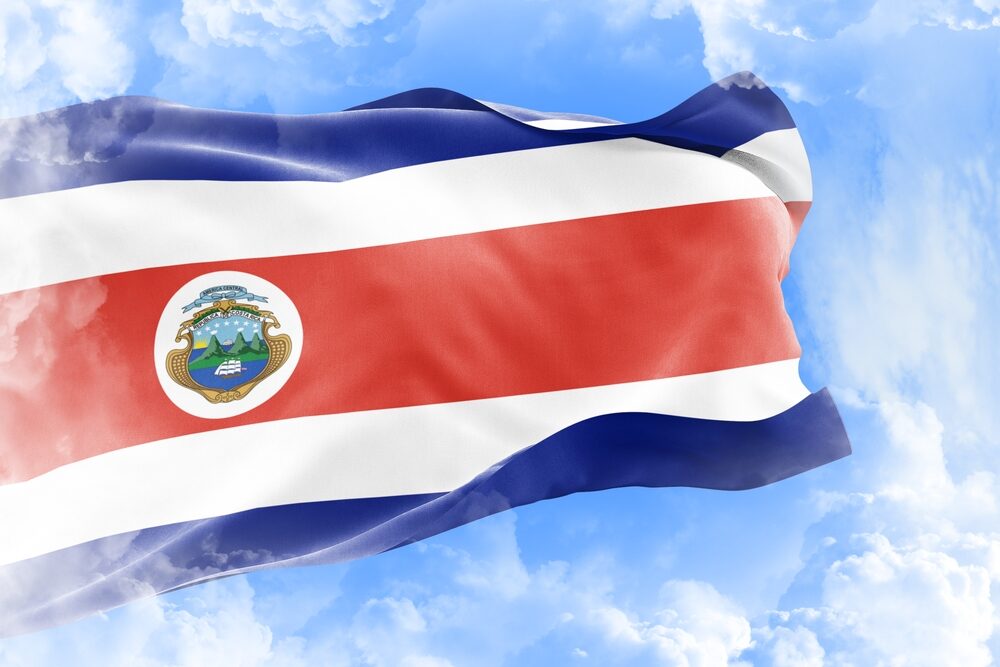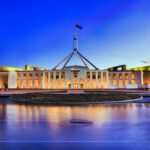Costa Rican lawmakers urged to tighten gambling laws

Costa Rican lawmakers are coming under heightened pressure to tighten the nation’s gambling laws by passing Bill 25.057, a long-awaited reform of the existing regulations.
The body that oversees the Costa Rican lottery system, the Social Protection Board, has urged legislators to prioritize passage of the bill, arguing that the existing framework, which has not been updated for over 50 years, has allowed illegal gambling to flourish.
The board has argued that illegal gambling, which has been linked to money laundering by criminal gangs, competes with the official gambling channels set up under Law 8718 and undermines revenue for public health and social programs.
Bill 25.057 proposes new operating licenses and an extension of the rules to cover digital platforms, mobile apps, and electronic systems, since the original rules were introduced long before the arrival of the internet and mobile technology.
The board added that these measures would form the core of an updated model aimed at restoring integrity to the market.
The bill, introduced in June with the backing of more than 10 legislators, is now under review by the Permanent Commission on Security and Drug Trafficking. Lawmakers are expected to propose amendments before sending it to the plenary for a first vote.
Earlier in the year, Costa Rica was named as one of eight countries the Japanese government had requested to block Japanese residents from accessing local online casino sites.
Charlotte Capewell brings her passion for storytelling and expertise in writing, researching, and the gambling industry to every article she writes. Her specialties include the US gambling industry, regulator legislation, igaming, and more.
Verticals:
Sectors:
Topics:
Dig Deeper
The Backstory
How Costa Rica arrived at a 50-year update
Costa Rica’s effort to modernize gambling oversight follows years of drift between an analog rulebook and a digital marketplace. The Social Protection Board, which runs the national lottery, argues that a framework written before the internet now leaves regulators chasing apps and offshore sites with tools built for paper tickets. Bill 25.057 would expand licensing to cover online platforms, mobile apps and electronic systems while tightening controls intended to curb illicit play and channel revenue back to health and social programs. The proposal is under review in the Permanent Commission on Security and Drug Trafficking, a sign lawmakers see the issue through a public safety lens as much as a fiscal one.
The push accelerated as illegal operators gained share and law enforcement tied unregulated gambling to money laundering. Regulators say the status quo pits state-sanctioned channels under Law 8718 against a gray web of sites that do not pay taxes, do not verify age or identity, and siphon away funds meant for public services. Backers of 25.057 contend a licensing framework that reflects how people actually bet today is a prerequisite to shut down those gaps.
Regional shifts tighten the legal perimeter
Across Latin America, regulators and courts are drawing sharper lines around what is legal and who can operate. In Chile, the Supreme Court’s Third Constitutional Chamber ruled that all online gambling is illegal unless expressly authorized, ordering internet service providers to block access to unlicensed sites. The decision, which followed an injunction by a state lottery operator, leaves racetracks, authorized casinos and two state lotteries as the only legal entities and targets an estimated 900 platforms operating without approval. The court’s move, detailed in coverage of the Chile ruling, gives authorities immediate blocking power while lawmakers refine a pending bill to regulate the online sector.
Guyana is taking a different route but for similar reasons. Vice President Bharrat Jagdeo signaled tougher licensing and higher taxes to counter the spread of app-based betting that migrated beyond hotel casinos into hundreds of neighborhood outlets. He framed the shift as a social concern rather than a moral one, saying around-the-clock mobile access is draining household income. The government’s intent to reassert control is outlined in reporting on Guyana’s plan to tighten gambling laws.
These moves matter for Costa Rica. A stricter regional perimeter raises pressure to reduce regulatory arbitrage. If neighbors restrict or block unlicensed sites, traffic can rebound to countries with looser regimes, heightening domestic risks and complicating foreign relations when cross-border play is involved.
Advertising, access and the public-health turn
Policymakers are also targeting how gambling is marketed and normalized, particularly to young users. In Australia, an inquiry led by the late Labor MP Peta Murphy recommended a phased ban on gambling advertising, but advocates now worry the government could retreat from a full online ban as it drafts its response. Crossbenchers and public-health groups are pressing for strict limits, warning that partial curbs would still expose children to ads on television and at sporting events. The debate is captured in analysis of the push for an Australian ad ban.
In the Philippines, the policy vector points the same way. A former national anti-graft official called for a ban on ads that promote illegal online gambling and urged a multi-agency effort to regulate digital wallets and banks that facilitate bets. The plea aligns with a broader crackdown, including new legislation against foreign operators. Those dynamics are detailed in reporting on the call to ban online gambling advertisements in the Philippines.
Costa Rica’s proposal does not focus on advertising, but the political narrative is converging: what used to be a niche entertainment product has become pervasive and personalized through phones, requiring updated consumer safeguards and clearer boundaries on promotion. A tighter licensing regime that encompasses digital channels sets the stage for future restrictions on how operators can market and acquire users.
Platforms redraw the distribution channel
Global platforms are reshaping the regulatory terrain by changing what they allow on the largest digital stages. YouTube plans to expand its policies to limit gambling content, prohibiting uploads tied to real-money sites that are not certified by Google and age-restricting casino-style content even without real-money stakes. The company also said it will age-restrict certain violent gaming videos. The changes, meant to align with industry standards and address lawsuits over casino-style apps, could shrink the audience for unlicensed or lightly regulated gambling content. Details are in coverage of YouTube’s new rules on gambling content.
For Costa Rica, platform policy shifts are a force multiplier. Even before new national rules take effect, distribution bottlenecks on YouTube could blunt demand for illegal operators and reduce harm exposure for minors. If lawmakers pair platform headwinds with licensing and enforcement, the combined effect could steer users toward legal, taxed alternatives or away from risky products altogether.
The money trail and why it matters
Illicit gambling’s link to money laundering is a recurring theme across jurisdictions. Unlicensed sites can move funds through e-wallets and cross-border processors with limited oversight, complicating tax collection and policing. Chile’s court order to block illegal sites, Guyana’s plans to tighten licensing, and the Philippines’ scrutiny of digital finance tools all reflect the same priority: closing the compliance gaps that let criminal networks hide in the churn of small, frequent transactions.
Costa Rica’s state lottery operator argues that these gaps drain revenue earmarked for health and social programs. A modern license regime, backed by enforcement and data reporting, could translate into steadier funding and better visibility into where bets originate and where the money goes. The stakes are not just moral or political. They are budgetary, with implications for hospitals, community services and anti-crime initiatives that depend on earmarked proceeds.
What to watch as the bill advances
The Permanent Commission on Security and Drug Trafficking is expected to shape the final text before a plenary vote. Look for definitions that clearly capture digital platforms and apps, requirements on identity verification and responsible gambling tools, and the scope of site-blocking and payment blocking powers. Enforcement teeth will determine whether 25.057 disciplines the market or simply adds paperwork for compliant operators while illegals carry on.
Regional precedent suggests momentum for firmer rules. Chile is blocking access. Guyana is preparing new licenses and taxes. Australia and the Philippines are targeting advertising and exposure. Platforms like YouTube are tightening distribution. Costa Rica is moving within that current, not against it. The outcome will signal whether the country opts for a comprehensive digital update or incremental steps that leave the core vulnerabilities intact.







